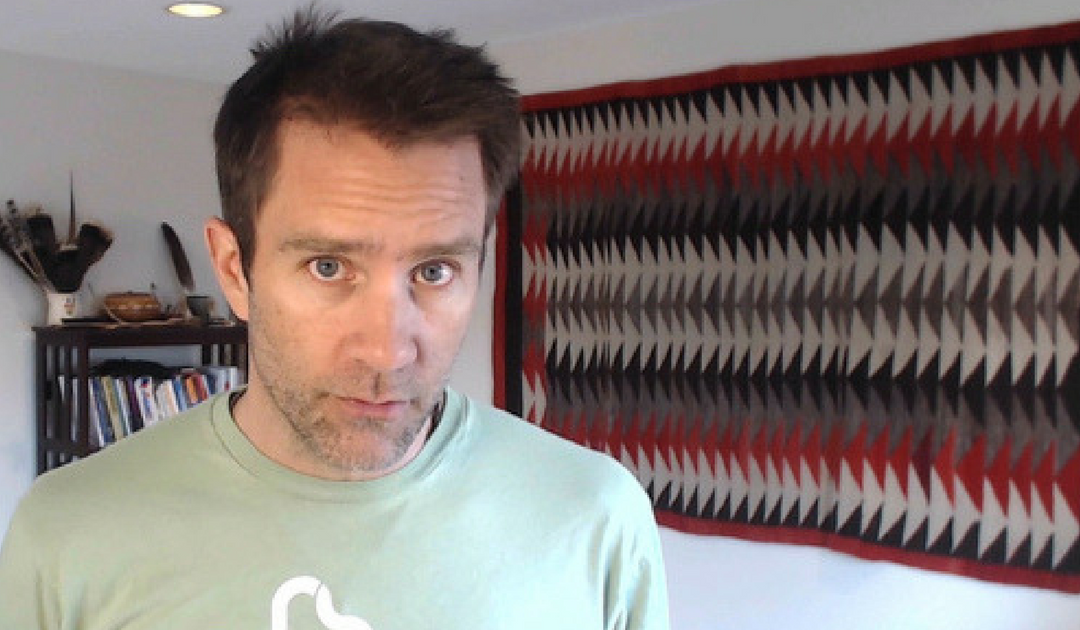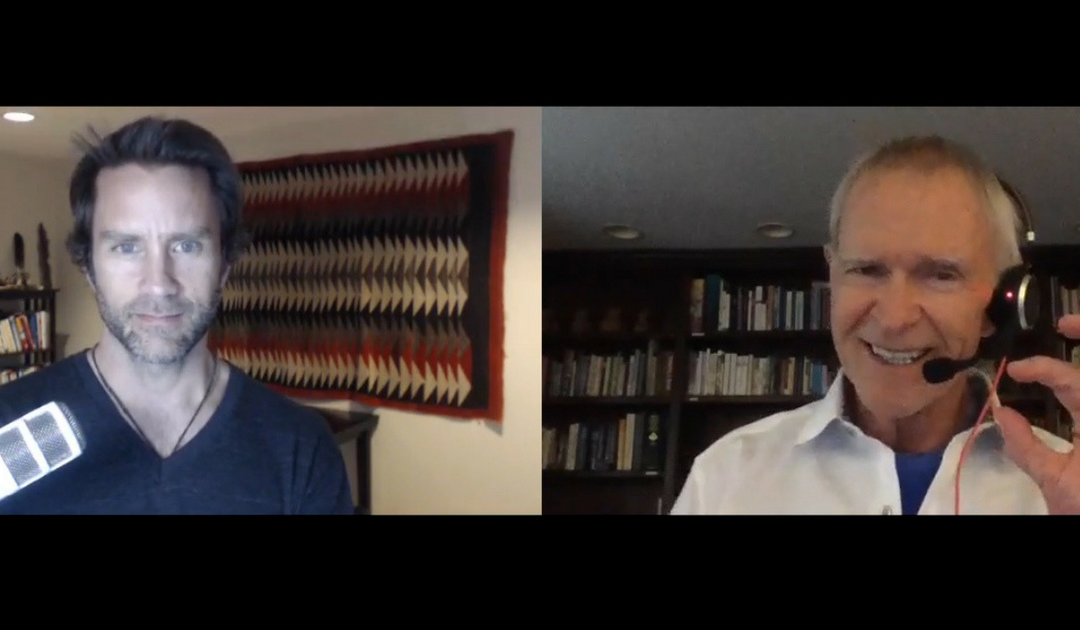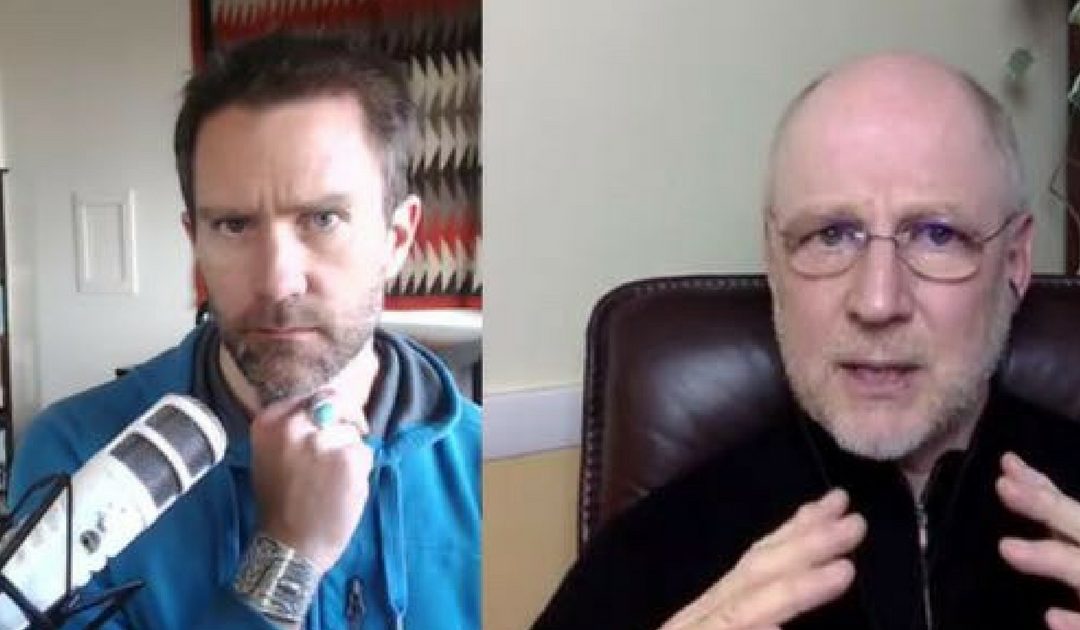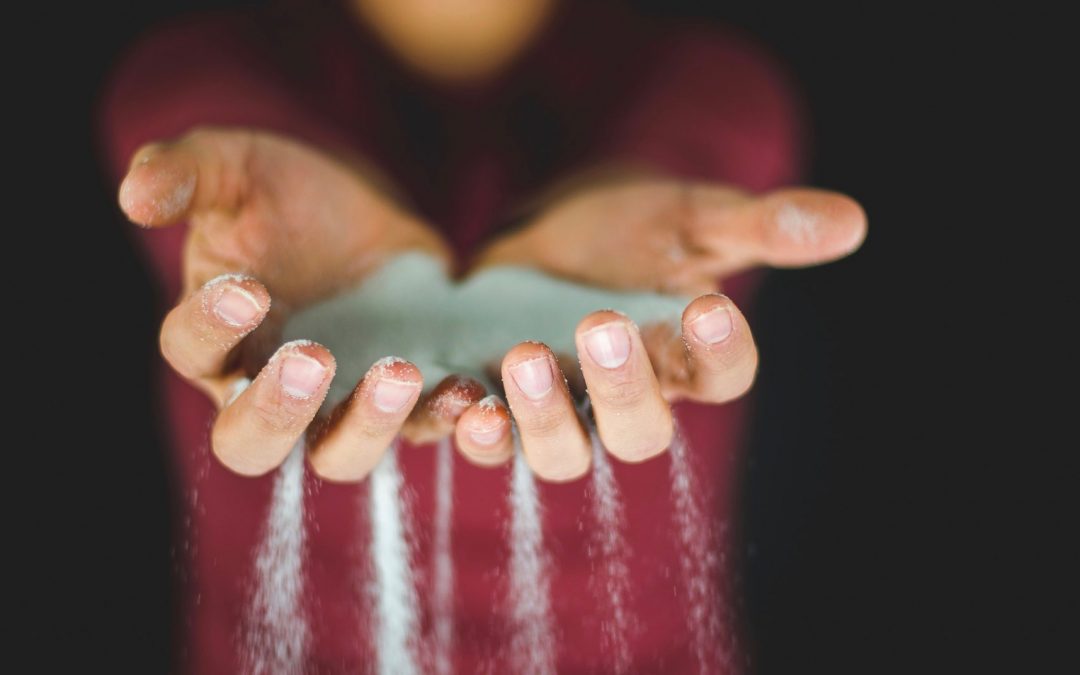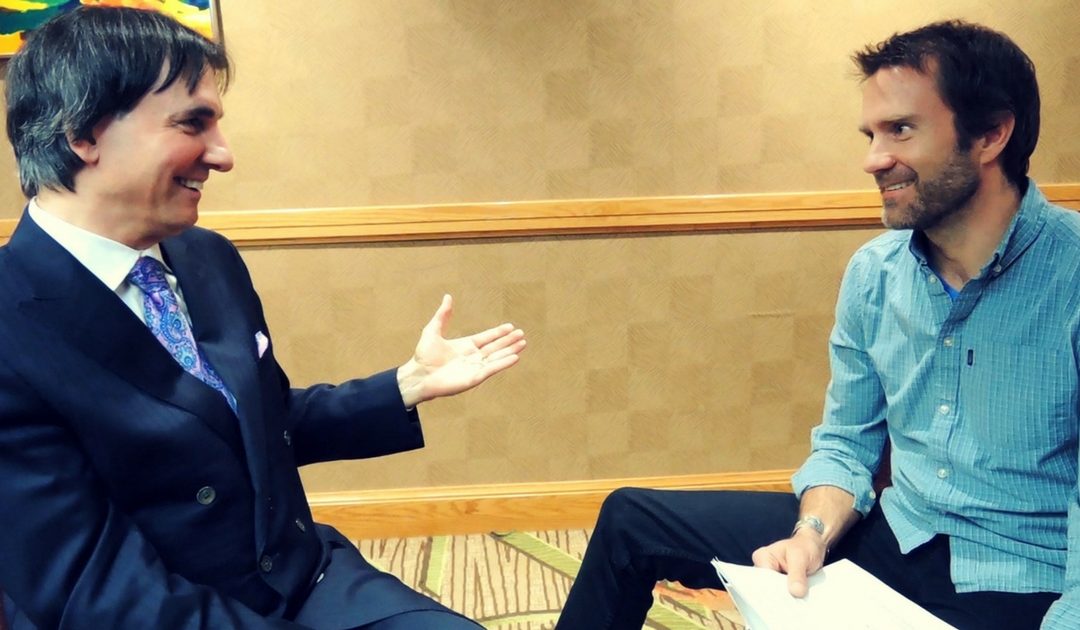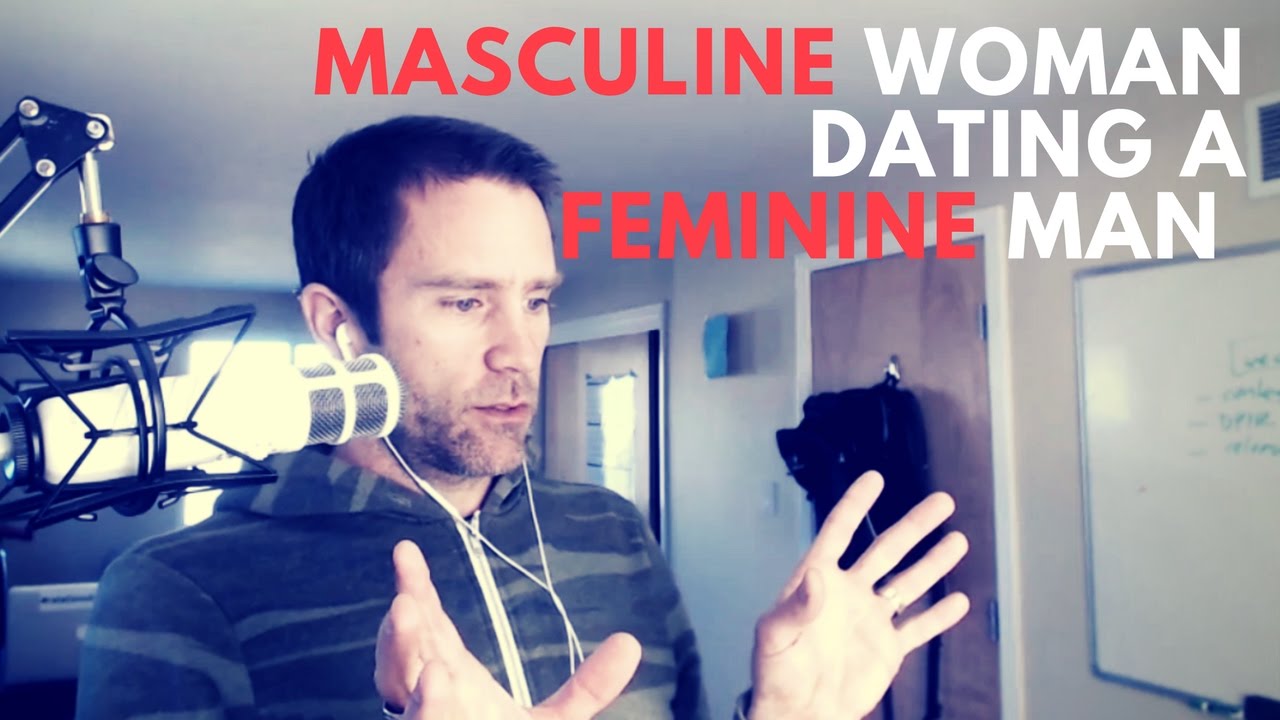How I Watered Down My Marriage With Non-Violent Communication
“No, not like that! That’s not how it works!” were two of the many sentences I used to speak frequently to my husband. I was raised in a direct culture, in which criticism and anger is openly spoken and shown. This comes with benefits and drawbacks.
At first I clung to the value of my direct expression and aggression. I defended myself. I praised the virtue of my “honesty” and ridiculed my softer-spoken husband for not standing in his power. It does not feel great to write this. And yes, I did do that. No wonder this led to his withdrawal. I faced the growing pain of disconnection. Instead of passionate love, I found more and more distance in my marriage.
It was deeply painful. And it was a deeply inspired mechanism: This pain eventually had me take the next step.
I became willing to look at myself. To see my contribution. This is how I found meditation. I began listening better, and discovered the heat of my partner’s pain when I spoke in certain ways. Ouch. I did not want to be the person to inflict that kind of pain.
I felt the shame I held around my own speech. I started seeing how my “honesty” included little mean stabs at my husband. How my “truth” often was an attempt to ease my own pain by inflicting pain on him. I really did not want to see that. Yet once I had the first glimpse, I started recognizing more and more of the violence in my speech. So I went on a mission: Learning “non-violent communication.”
This was an approach that quickly had me enthralled. I read feverishly, practiced, observed and reflected my changes in a journal. I bumped my nose pretty hard many times, learning to “clean up my speech.” And I had a steep learning curve. Things improved for a while. Then something else happened. It was very painful, and it took me a long while to find it and name it.
For sure my marriage was more peaceful. For sure I was pretty happy with the way I spoke now, most of the time. I even got better at “subtleties” like tone, facial expression and body language. But what was happening deep down in myself? What was that unfamiliar gnaw? Why did my tears flow suddenly, when I remembered myself kayaking through the rain, on a vast lake, as fast as I could, violently happy? Feeling as alive as an Arctic Tern? My husband paddling by my side, with long, confident strides, and joy on his face?
There was something very essential missing. What was that blanket, that seemed to cover my heart? Where was my vitality? Gone. That word dropped into me one morning, heavy as lead: Gone. Why was it gone? Where did it go?
In a familiar way, I first blamed him. It was because of the way he met me! The way he spoke to me! The way he looked at me! He did not evoke that passionate part in me! “So there!” I thought angrily… Yet I knew I was kidding myself even as I reveled in blame and inner ranting for a while.
He did not truly have the power to snuff out my vitality. Only I could do that. So what happened? And how did I manage to turn my life into damp toast?
Here I was, remarkably more soft-spoken. Yet I felt twisted inside, muffled. My new vocabulary was painfully limited in expressing my stronger emotions. Even my strengths. The strength with which I drew my paddle through that rain-swept lake with joy…
In fact, I had come to believe that those strong emotions were somehow wrong. My “non-violent” emotions held too much energy. Instead of taking care of these emotions, and acting and speaking in truth to them, I had taken a fateful short-cut: I had watered down my voice using what I thought was “non-violent communication.”
“I feel so frickin’ angry!!” had become “I am a little frustrated.” “I feel so desperately alone and unmet, I just want to crawl under my desk and hide like a little girl!“ had become silence. It was deeply painful. And again this pain led to the next stage of my journey.
How could I be true to my passionate emotions and yet speak skillfully? For sure I couldn’t use non-violent communication as a patch covering up what I really felt any longer. I had probably misunderstood what the inventors of that approach had meant all along. And, looking around me, it seems I wasn’t the only one. How often did I hear soft and polite words, seething with violence? Between parents and their child? “Honey, will you PLEASE stop that banging!!!?! Grrr!” Between partners: “Excuse me…!!!?!?” these two polite words can be said in so many ways.
I still hold the intention to not unnecessarily hurt my partner. But now I also hold another intention: to not unnecessarily hurt myself by betraying, and stuffing my deeply felt and passionate emotions. The way to do that is my current journey. This is what I am learning here at The Relationship School®.
And it has two main steps: First, increased awareness and acceptance of my emotional life. And second: A striving for skillful yet authentic non-violent expression of my truth.
How does that play out in my life?
You can find me sitting or walking with my strong emotions before I take them to my husband. And you can find me speaking with passion, more forgiving of my own lapses, more quickly acknowledging my judgments and “stabs”, followed by a fierce dedication to repair. Life has returned to our home. Life is delicious and messy. And I’m feasting on it.
What about you?
–––––––––
Photo Credit: Filip Mroz, unsplash.
Why We Allow Ourselves To Be Treated Like Shit
Do you ever feel disrespected, disregarded or unappreciated, like your partner takes you for granted or doesn’t even care? Perhaps they talk down to you, belittle you, or walk all over you.
Maybe you’re in an abusive relationship?
Does this have you feeling scared, resenting, or blaming them and making them the problem?
“He’s doing this!” “She’s not doing that!” And on and on…
It makes sense. If I’m in a relationship with you, and you treat me poorly, my first knee-jerk response is to make you the problem. “You are doing this to me.” Grrrr.
No human likes getting treated badly, so I hear you.
However, when you’re struggling in your relationship complaining and blaming will only get you where you are currently getting–nowhere.
Pointing the finger at him or her and looking outside of yourself keeps you stuck in the victim seat and I’m pretty sure you don’t want to stay stuck there.
There is another way…
One of the first tools you learn here at the Relationship School® is personal responsibility where you look in the mirror to own and understand your part in the dynamic.
Because when you take responsibility for your situation, you can actually do something about it, which is the only way to get empowered. If I make you the problem (outside of my control), I can’t.
Try this instead:
And if you look hard and long enough, you’ll see the root of the issue lies in your self-worth.
That’s right, YOUR low self-worth is at the core of this painful dynamic.
If you want to get out of a relationship where you feel as though you are treated poorly, you have to be willing to value yourself more.
It’s not an easy fix. It takes effort. Most people would rather try and change the other person. “Hey, stop treating me like shit.” And that is a good boundary to set. However, if their behavior continues to be mean and you keep staying, you are dealing with a self-worth issue.
Remember, you’ve attracted this person to learn something. And that something is likely how to value and respect yourself.
Do some digging here. Find out where you don’t feel valued or are hard on yourself. Discover where do you feel unworthy, and get to know where that lives in you.
Your self-worth will determine your relationship fate… and by being disrespected, you are being challenged to invest in yourself. Right now.
Why would you expect another person to value you, when you are not willing to value yourself?
This is why people stay in hurtful relationships where they allow themselves to be treated badly. They keep wanting it from the outside first. Understandable, but it never works.
Make a choice. Do you want to keep doing this?
This is your opportunity to value yourself way more than you already do.
As you learn to value and respect yourself more, you get stronger and will no longer tolerate relationships where people are hurtful towards you. This doesn’t mean you won’t feel hurt at times or get hurt. It means you won’t allow yourself to be treated poorly. You’ll know the difference.
It starts with you, and it ends with you. That is personal responsibility!
And hey, we all have self-worth issues. You’re not alone. It’s normal. But don’t be another stuck victim. Take action now. You’re bigger and better than this!
Trust me, as you improve your self-worth you can have what’s possible: a great relationship with yourself – and with another!
Want to go further? At The Relationship School® we have a whole class dedicated to self-worth (so powerful!) and the steps to help you address your own self-worth issues.
_____________
Photo credit: Ben White, Unsplash
You might also like this: How Do You Measure Your Self-Worth?

